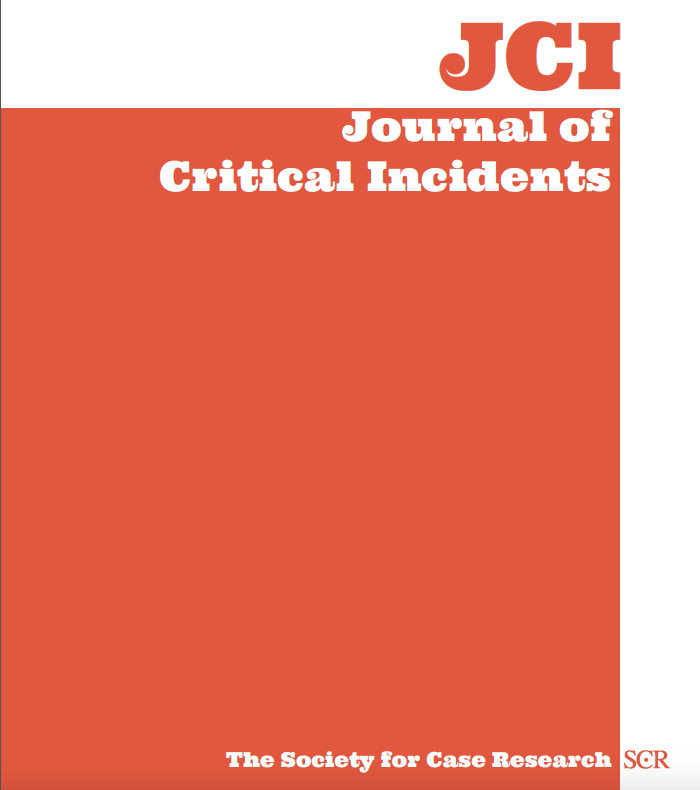Patrick Murphy: Colorado CPA…and Florida CPA?

This descriptive critical incident introduces students to the CPA licensing process using the story of a political candidate, Patrick Murphy, whose background as a CPA was a key component of his “brand” and credentials. In June 2016, during Murphy’s campaign for a US Senate seat, multiple press reports questioned aspects of Murphy’s record, most notably that his CPA license was issued by Colorado, which had lower requirements to become a CPA compared to Florida at that time (CBS Miami (2016)). Students are asked to distinguish between an accountant and a CPA, research the requirements to become a CPA in various states, to evaluate Murphy’s decision to pursue and obtain a CPA license outside of his home state, and to evaluate the pros and cons of CPA licensing being regulated at the state level.
In completing this assignment, students should be able to:
1. Distinguish between an accountant and a CPA, with an emphasis on the additional requirements and benefits of being a CPA.
2. Identify the requirements (education, exam, experience) to become licensed as a CPA in their home state as well as other selected states.
3. Compare the CPA licensing requirements across states, both (1) to identify states where the requirements to become licensed are lower, and (2) to appreciate that state to state differences could lead to candidates crossing state lines in order to be licensed. 2
4. Organize Patrick Murphy’s decision to apply for a Colorado CPA license while living and working in Florida as an ethical dilemma, identifying the stakeholders and the potential ethical lenses through which to evaluate his decision.
5. Evaluate the appropriateness of Patrick Murphy highlighting his work as a CPA in his campaign materials.
6. Debate the merits of CPA licensing being regulated at the state level.
